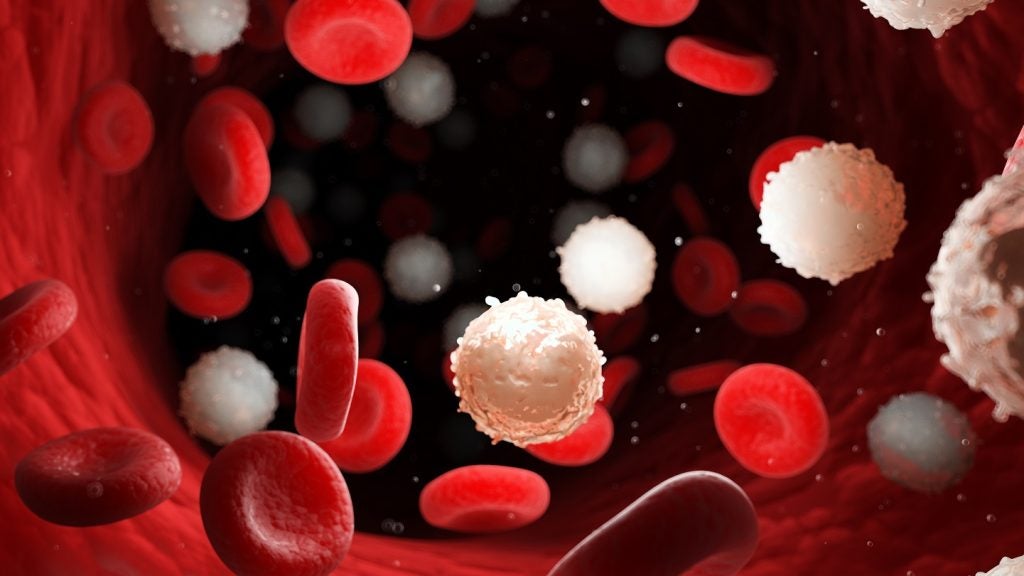The NHS AI Lab, in collaboration with the Accelerated Capability Environment (ACE), has created a proof-of-concept (PoC) for a tool to identify patients at risk of prolonged hospital stays.
This PoC leverages artificial intelligence (AI) to analyse hospital data and predict which patients may experience unnecessarily long stays.
Led by the Gloucestershire Hospitals NHS Foundation Trust, the tool aims to address issues such as increased mortality rates, higher chances of post-discharge illness, and muscle mass loss in elderly patients.
Trained on 460,000 anonymised patient records, the AI model identifies patients at risk of extended stays and provides clinicians with risk scores to tailor treatment plans.
According to the press statement, the tool was developed in 12 weeks and detected 66% of long stayers in the highest risk categories, saving £1.7m for Gloucester Hospitals by reducing one day of the average stay.
The PoC has now moved into a limited closed Alpha service phase and integrated with the trust's electronic health record system.
In addition, another tool called SEARCH has been introduced in the UK by the Intellectual Property Office (IPO), in association with the European Patent Office (EPO).
The AI-driven SEARCH is designed to enhance patent searches, helping patent examiners identify potential citations more effectively during the examination process.
It is based on the latest ANSERA search tool used by the EPO.















